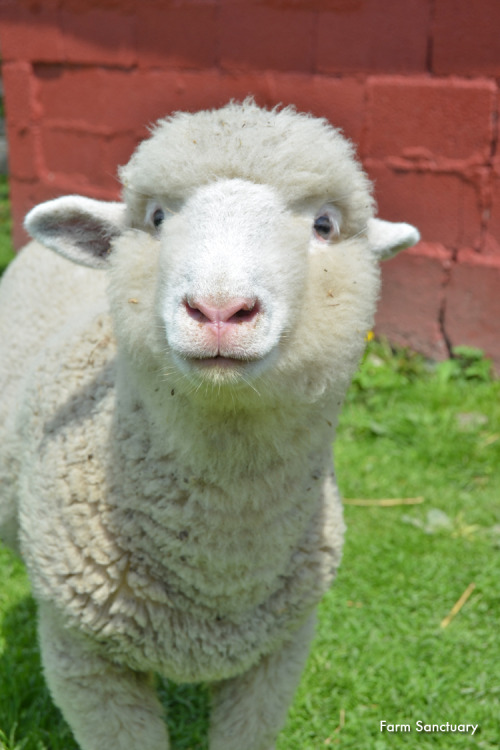
The gist of it:
There are tons of reasons why people choose to become vegan, but typically their reasons cluster into three main categories:
concern about doing harm to animals
concern about doing harm to the environment
concern about doing harm to their health
The details:

Concern about doing harm to animals
This one’s a biggie. This is the reason I personally became vegan — I didn’t want to keep causing unnecessary harm to animals.
But what constitutes “unnecessary” harm?
Across the board, people love animals and don’t want to hurt them. However, this empathy doesn’t extend to all species equally — society teaches us to have different notions about which animals are ok to hurt or not. In the US, the things we do to pigs every day would land us in jail if we did them to a dog. Or: if a friend served you kitten casserole, it would be the most traumatizing meal ever… but veal piccata is fine. In other words, we learn that hurting some animals is unforgiveable, but hurting other animals is “dinner.”
For me, deciding to become vegetarian (and later vegan) was basically an “Aha!” moment. It took me a long time, but I came to the realization that I didn’t have to hurt animals if I didn’t want to — even though society was telling me I was supposed to. If I had the choice whether (1) to hurt an animal, or (2) not to hurt an animal, to me it seemed pretty clear that I would prefer not to hurt an animal.
But this intuition usually gets overridden, as it did for me for so long, because there are a lot of narratives about why we “need” to harm animals. For more details about those narratives, check out some of the other questions on this wiki, like:
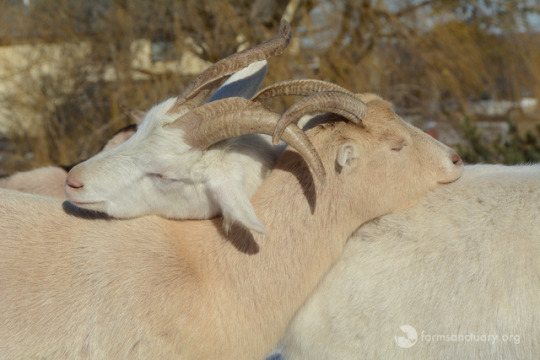
If we're superior to animals, don't we have a right to eat them?
What do you do about events and family traditions, like holidays, cookouts, and potlucks?
What about poor people and the developing world, who need to eat meat for survival?
What if I agree with you, but I don't think that I could ever actually do it?
Bottom line: most of us don’t need to harm animals to survive and thrive. I’ve been a vegan for about five years (and some folks have been doing it for WAY longer), and my physical and mental health, as well as my relationships to other animals and people, have only improved. Whatever reason society gives you for why you must harm animals simply isn’t true. If you don’t want to, you don't have to. It’s your choice.
Rather than only seeing vegans as the ones who have made a choice to stop using animals for food and products, keep in mind that non-vegans are also actively making the choice to use animals for food and products. Deciding to be non-vegan is a choice, too.
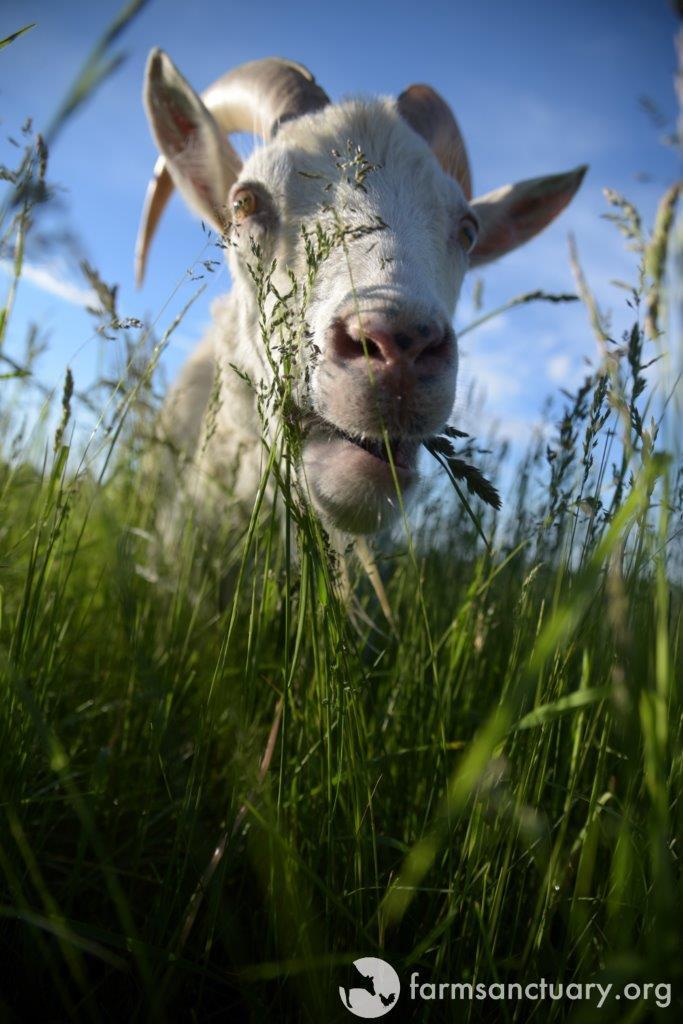
Concern about doing harm to the environment
This gets less airtime than the animal harm issue, but some people do decide to go vegan for environmental reasons.
Maybe you’re thinking: “Wait a minute. I know that agriculture has a big impact on our planet, but even if I did ditch meat for veggies, massive agriculture would still be needed to feed me! If there’s no real difference, I’ll just keep doing what I’m doing.”
I get why that feels true, but the surprising thing is that meat specifically — especially beef — has a much rougher impact on our drinking water, land, and air than veggies do. Check out this short (but fact-filled) video to find out why.
Pretty compelling stuff. However, you’ve probably also seen an article somewhere saying that lettuce is worse for the environment than bacon. There are a lot of issues with those types of findings, but sometimes there’s truth to them, too. In a nutshell: being vegan is a solid environmental choice, especially when compared to the typical American diet, which is high in red meats like beef. However, veganism is not a carte blanche. And depending on how you slice it, you could make arguments that other diets (although not the typical American one) might have a slightly lower impact on the environment than veganism.
An important takeaway is that there’s always room to improve, learn, and reduce your impact, whether you’re on a plant-based diet or not. I’ve tweaked my vegan diet (eliminating certain nuts and veggies) to remove items that tend to have a particularly adverse environmental impact. For an even-keeled look at this complicated issue, I recommend checking out this NOVA article on the subject. But the bottom line is that if you’re currently eating a traditional American diet, a switch to veganism, or even just a reduction in meat consumption, would be an awesome improvement for the planet.
Side note/rabbit hole: while this is indeed a complicated issue, US environmental organizations have still remained strangely quiet about the ways in which our diets impact the planet, while at the same time being super vocal about other lifestyle choices like recycling, solar panels, and hybrid cars. Even Al Gore went vegan “with little fanfare,” which is weird for someone who’s such a vocal advocate for taking direct action to reduce our negative impact on the earth. Why would Al take a big step like this without saying much publicly? In brief: environmental orgs are funded by member donations. Most of those donors are meat eaters. So if you want people to keep paying you, don't give them a hard time about eating meat. :( For more about this issue, you can check out the documentary Cowspiracy. It’s certainly not impartial, and there are many aspects to take issue with, but it contains a lot of food for thought.
Concern about doing harm to your health
This one, like the environmental aspect, can be prone to a lot of conflicting information.
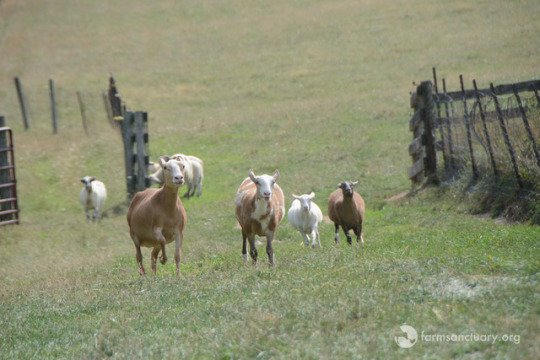
It’s common to encounter somebody who says, “Oh, I tried going vegetarian/vegan, but my body just couldn’t handle it. I was so tired/hungry/anemic, I had to go back to eating meat.” While you should always check with your doctor before making any radical diet or exercise changes, the fact of the matter is that out-of-whack nutrition, rather than veganism, is usually the problem in most cases. For the vast, vast majority of people, not only is going vegan totally ‘compatible’ with your body, but it will also improve your health. It’s just a matter of tweaking your diet to make sure you’re incorporating a variety of healthful foods and getting the nutrients you need. Check out Food & Nutrition Questions for more information.
Many people with (or at risk of) heart disease are counseled to go vegan to prevent and reverse damage to their tickers, like Bill Clinton did. Statistics have long shown that a plant-based diet reduces the risk of heart disease, but scientists are still trying to figure out why. Is it the saturated fat? Something in meat itself? They still aren’t sure, but the latest suspicion is that a specific nutrient in meat and eggs causes gut bacteria to produce a compound that makes your blood sticky (gross). More broadly, recent studies have found that the microbiome in our guts has a much bigger impact on overall health and disease prevention than was previously understood, and that people who eat a vegan diet have a microbiome that’s particularly protective against a host of bad diseases.
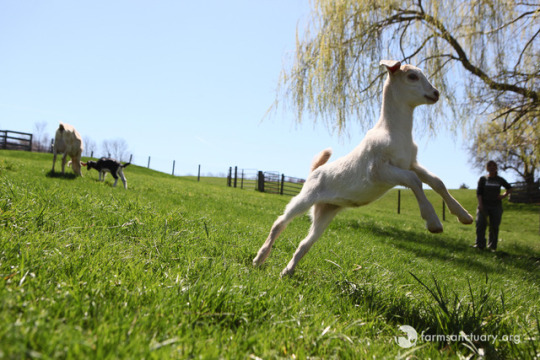
Another misconception is that vegan foods don’t supply adequate nutrition for athletes or people who lead active lifestyles. On the contrary, there are vegan bodybuilders, vegan Ironmen, vegan ultramarathoners (including the fastest person to complete the Appalachian Trail), a bunch of vegan NBA players, and so on. Switching to a plant-based diet won’t make you an elite athlete, but it certainly won’t stop you from becoming one or from continuing to be one. (Just ask Venus and Serena Williams.) Athletes who make the switch usually see significant improvements in energy and recovery time. (See the Food & Nutrition Questions section for more info.)
Or more importantly, how about the question: “Why aren’t you vegan?”
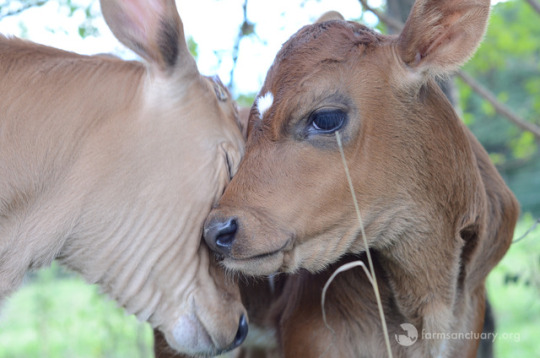
Vegans have to spend a lot of time defending their position. I don’t mind, because I believe it’s a moral imperative, which makes defending it important and necessary.
Rather, what’s odd to me is that people who choose to kill animals for convenience/taste/etc. are never asked to defend their position. If you get to ask me why I’m vegan, it only seems fair that I should get to ask you why you aren’t! And no, just chanting “baaacon!” is not a legitimate answer… I do you the courtesy of not just chanting “hummus!” in response to your question! ;)
Maybe as a thought exercise, try: for every time you wonder about why somebody is vegan, also wonder about why somebody is eating meat. We question veganism because it’s the “weird” thing, and we don’t question meat eating because it’s the societal status quo, but when I personally think about it, choosing to eat meat seems way weirder and more at odds with my values than veganism does.